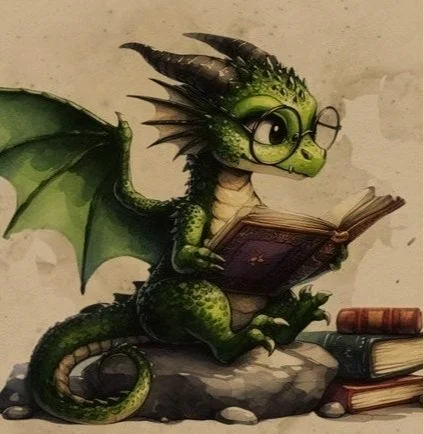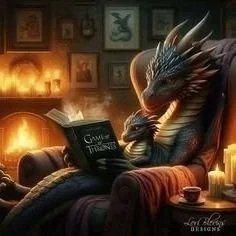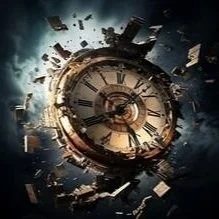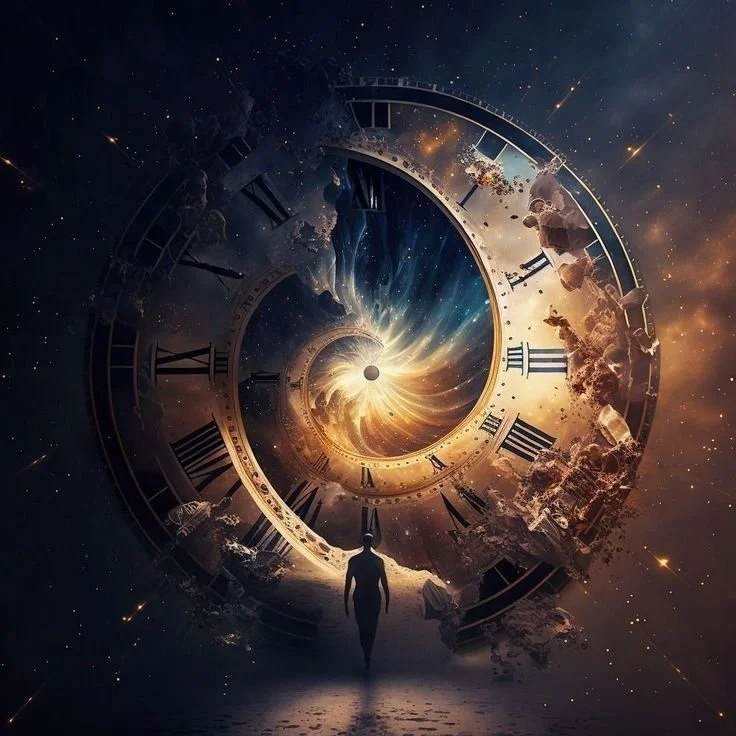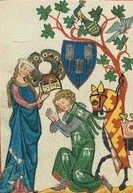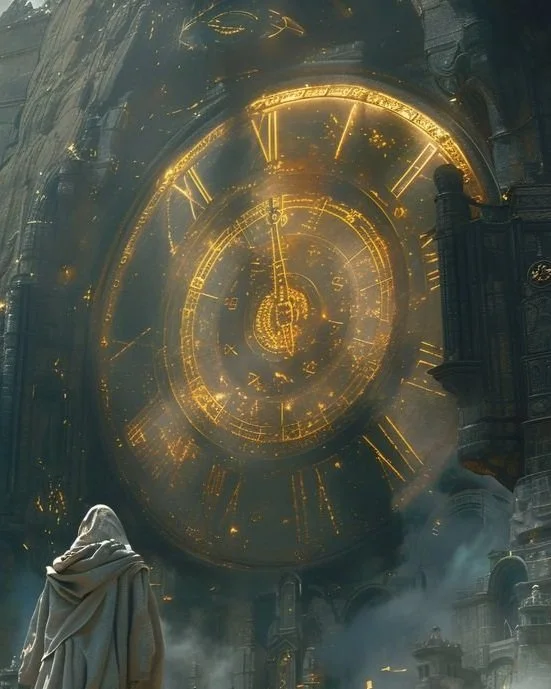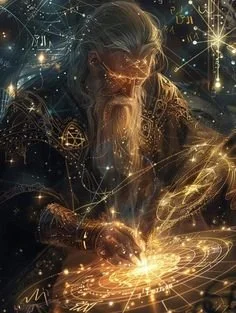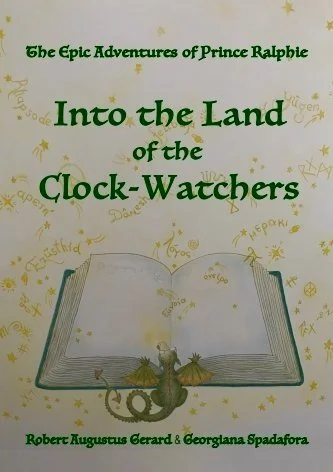Reading Ralphie
While on the surface Into the Land of the Clock-Watchers, as well as the entire series, may seem to be just a charming story about an endearing little green dragon, underneath it all a number of key philosophical truths are being addressed.
As such, the Ralphie series may not only be for children—it may also be a philosophical fairytale for adults!
The fact is, the books have an esoteric underpinning, a philosophical, psychological, metaphysical framework, and work their magic in the space where the physical world meets what we like to refer to as the ‘dimly remembered Realm of the Imaginal.’
So, regardless your age, our hope is that as you read, you’ll find yourself set on a fantastical, mystical journey as the magic of Ralphie’s words and his original solutions to the many paradoxical predicaments he finds himself in unfold in your imagination—and you too become a philosopher prince or princess!
To set the first frame …
This series of epic adventures, these quests, are stories meant to address essential questions regarding how to create a just and beneficent kingdom of your own.
It is a collection of teachings that have been gleaned over centuries, and as an eclectic collection of mythical, metaphysical wisdom, one event might not always logically follow another when seen through a linear lens.
Since the series is an instruction on exactly how to build a philosophical kingdom, a philosophy on the nature of reality is what is being taught. And so, understanding Time, a basic building block of reality, is essential. Therefore, Into the Land of the Clock-Watchers, the first book in the series, is meant to be an abstract on the true nature of Time.
Not only is Time the first subject of the series, it is also fungible. The Ralphie series begins in mid-twentieth century France and ends in the seventeenth century in the European Low Countries.
And while Time and Place are very important to the historicity of the individual adventures—at the same time both are actually almost unimportant to the story.
So, if you’re looking for linear clarity on exactly what time Ralphie is adventuring in, you won’t find it. .
Not only would your efforts not be rewarded, more than likely you would also be left a bit befuddled and bemused.
However, if you disregard the chronological references—and keep your eyes on the journey—you’ll find your own share of rewards!
To set the second frame …
In essence, the story is a portrayal of the stages of development of a young person’s life.
The first issue of note is that Ralphie lives with his mother as the exiled son of a once very much alive philosopher prince. He and his mother are the embodiment of the legend of young Sir Percival of the Round Table. In fact, the chivalric traditions of King Arthur’s Round Table play an important role in his questing throughout the series.
Ralphie’s true identity is a part of what he is seeking in his questing—but this is unbeknownst to him as he sallies forth into the world of the Clock-Watchers.
The question for Ralphie ultimately becomes—does he have what it takes to establish his own kingdom in a world that has already been divided up by those who came before him? And even more importantly—can he accomplish this without violence?
Here is what you’ll see …
A young, unassuming, incurably curious dragon full of dreams, but unsettled in his knowing of himself and the world, who then ventures into the Land of the Clock-Watchers—the real world of people and places—where he doesn’t exactly fit in and has to find his own way.
Ralphie’s first quest is to find Father Time, but he finds him not. Instead, in the Realm of the Imaginal, he meets the one who created Time.
Who, as it turns out, had something other in mind when he created it than what most who live in the Land of the Clock-Watchers believe—namely, the seasoning of the seasons of a man’s life.
Here is what you may not see …
Ralphie’s being unsettled in the knowing of himself is what begins the process of becoming himself—by renaming himself.
It’s a simple identity crisis that many young people undergo, some may even change their names several times during that process of self-discovery.
There are a number of philosophical ‘gems’ hidden throughout the first book.
Two of which to watch for are:
Near the beginning, when Georgiana, upon first meeting Ralphie, exclaims, “Well, all I can say is you certainly don’t look like a prince to me!”—consider carefully his reply.
Then in the Auparavent—pay attention to what his mother says to him about his father, and Ralphie’s training to become a philosopher prince.

